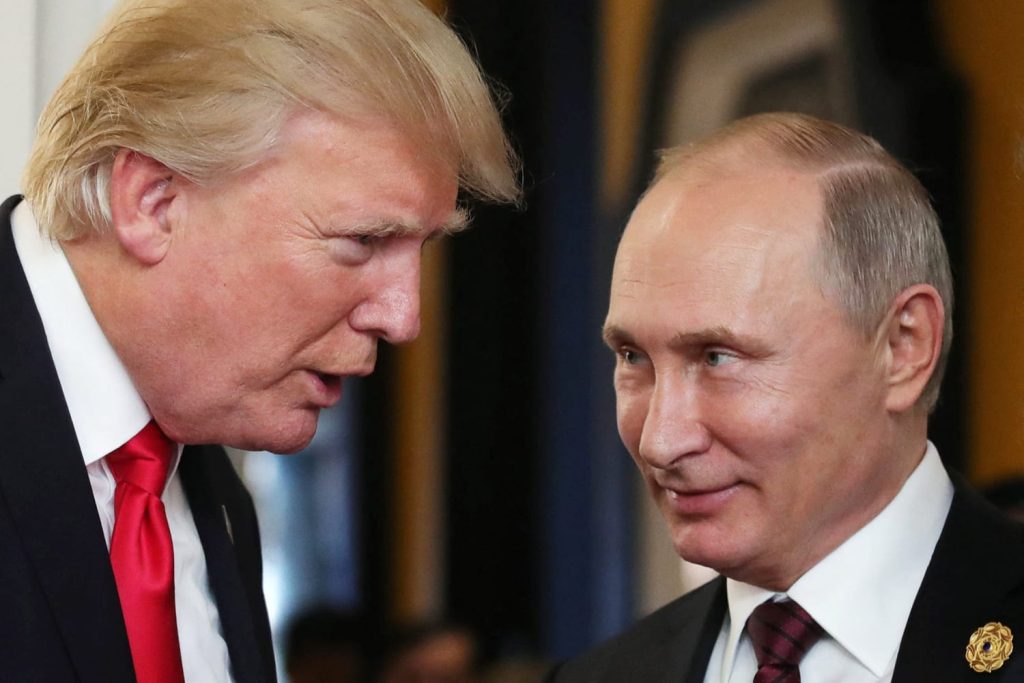U.S. and Russia Hold Key Black Sea Ceasefire Talks.
The U.S. and Russia are set to release a joint statement following crucial talks in Saudi Arabia, aimed at brokering a ceasefire deal for maritime operations in the Black Sea.
According to sources familiar with the matter, this statement is expected to be released on Tuesday morning—4 a.m. in Washington, D.C., and 11 a.m. in Moscow.
The talks focus on easing the ongoing conflict and stabilizing the Black Sea region, which is vital for the export of grain, fuel, and other essential goods.
These discussions come after a previous ceasefire agreement brokered by the U.N. and Turkey was abandoned by Russia in 2023.
Optimism Surrounds Black Sea Ceasefire Talks
While specific details of the joint statement remain unclear, sources report optimism from the U.S. technical team in Riyadh, which has briefed the Trump administration.
Ukrainian officials have also been kept in the loop, indicating a collaborative effort in the negotiations.
French news agency AFP confirmed that Ukrainian and U.S. officials were holding a separate round of talks in Riyadh, underscoring the importance of Ukrainian participation in the process.
These efforts are part of broader peace discussions aimed at securing a stable environment for essential shipping routes and ensuring the safe transport of goods through the Black Sea.
Russian Negotiator Talks "Intense" Discussions
Grigory Karasin, a Russian negotiator, spoke with the TASS news agency on Tuesday, describing the ongoing talks with the U.S. as “intense” but “useful.”
Karasin emphasized that significant challenges were discussed during 12 hours of negotiations in a luxury hotel, suggesting that progress is being made despite the difficulties.
The inclusion of the U.N. and other international players in future talks could be pivotal, as Russia aims to bring more global stakeholders into the discussions, potentially leading to a more comprehensive and lasting ceasefire.
U.S. Officials Lead Critical Discussions
The United States is playing a central role in facilitating the discussions. U.S. officials involved include Michael Anton from the State Department and Andrew Peek from the White House National Security Council.
National Security Advisor Mike Waltz provided insights into the broader negotiation strategy, which includes multiple stages: a maritime ceasefire to facilitate grain exports, an aerial infrastructure ceasefire, and eventually, peacekeeping measures along the front lines.
Waltz’s statement suggests that while maritime ceasefires may be the first priority, the ultimate goal is a broader, permanent peace agreement.
Tensions Persist as Negotiations Progress
Despite ongoing diplomatic efforts, military actions continue between Ukrainian and Russian forces, reflecting the challenges of reaching a final ceasefire agreement.
Both sides are still actively launching attacks, complicating efforts to bring about lasting peace.
The U.S. and Russia’s continued discussions, particularly in the Black Sea region, are an essential step in reducing tensions. With global food security and international trade at stake, the outcome of these talks could have far-reaching implications beyond the region.
Trump’s Shocking Travel Ban: 43 Nations Blocked – Russia, Belarus, and More Targeted in Crackdown!





















